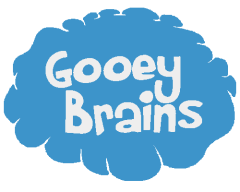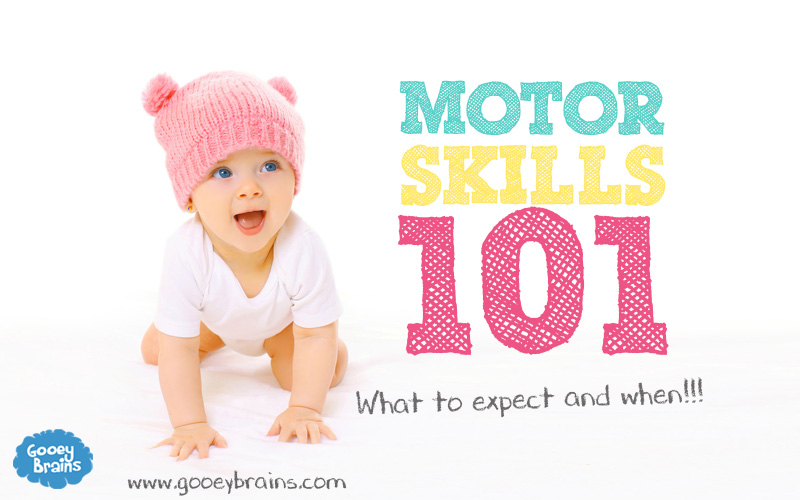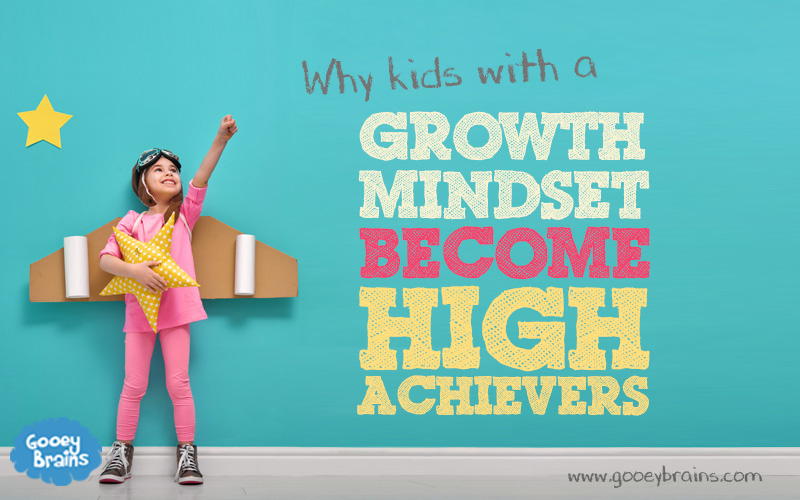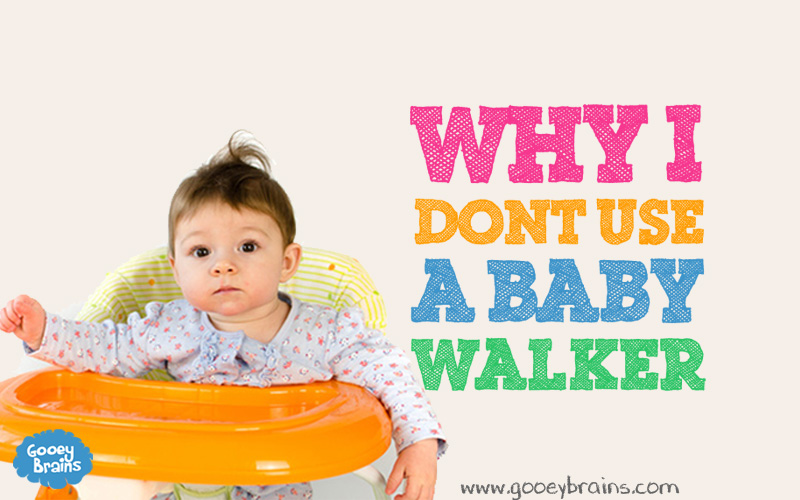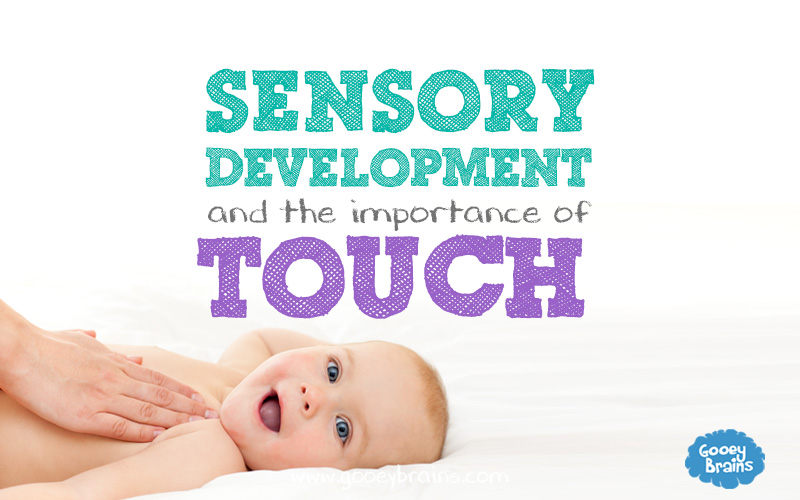Helping a Baby with Their Motor Skills
Motor development is a term that means the development of your child’s movements, muscles and bones.
Watching your baby achieve motor (movement) milestones is one of the most special parts of child development and rewarding times of parenthood. That first roll, a reach and grab, a wave, hand clapping or taking off for their first crawl…we always hope that we are there to see that first moment and if we are really lucky we might even capture it on camera. Motor milestones are also easy ways for us to map how our child is developing, and to spend fun times together.
Did you know that motor development follows a relatively fixed schedule in your baby’s brain? This is how we can predict the order in which your baby will gain new motor skills. All babies follow a similar sequence of milestones. Take a look at the typical sequence in the graphic below. The time-frames represent when the average baby will acquire each skill, but not every baby will follow this time-line accurately, and this is perfectly normal and okay!
There are two types of motor skill: fine motor skills and gross motor skills. Gross motor skills are movements that use the big muscles in the arms and legs. These usually look like bigger movements. Fine motor skills are movements that use the small muscles in the arms and hands. These usually look like smaller and more precise movements.
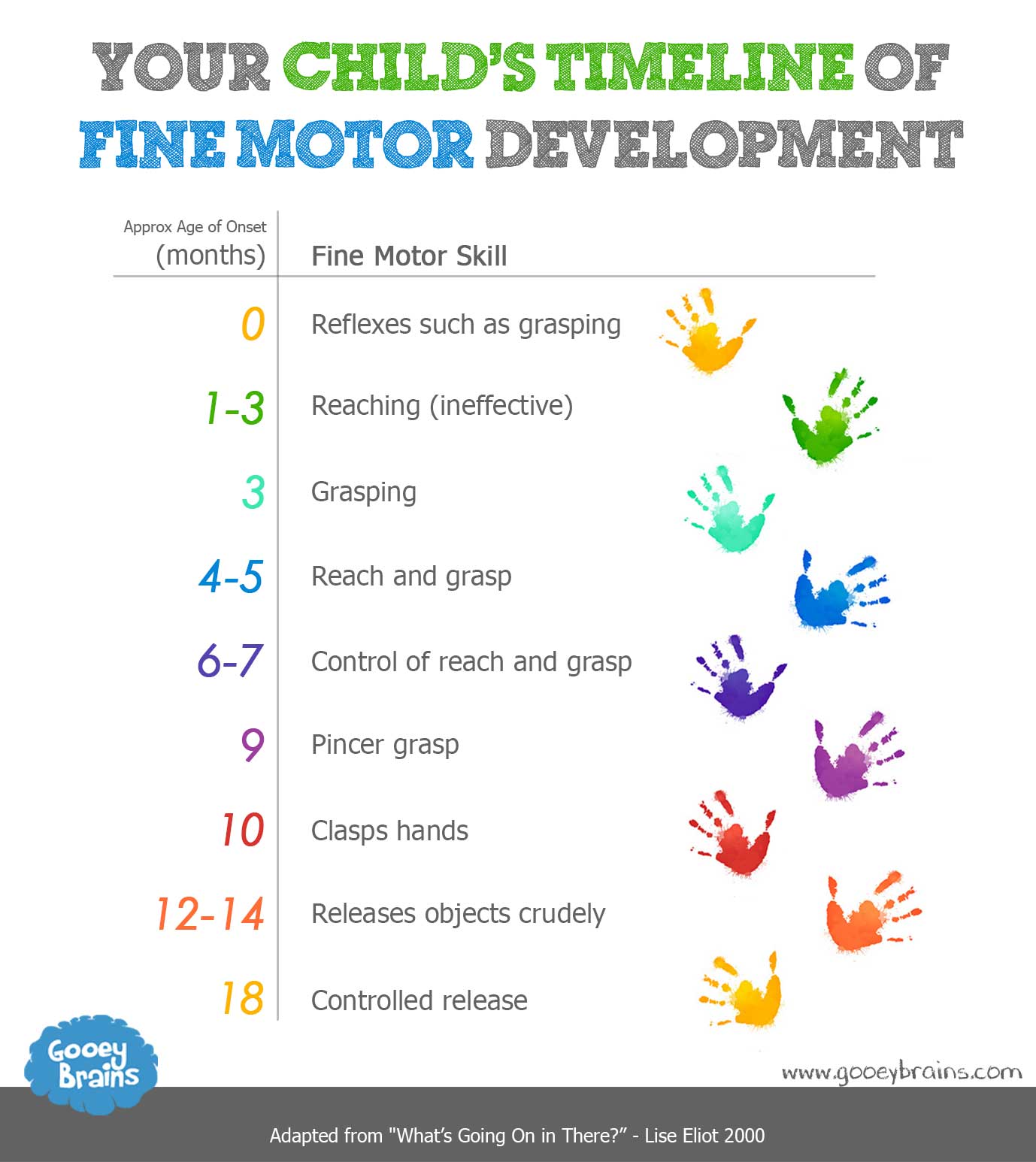
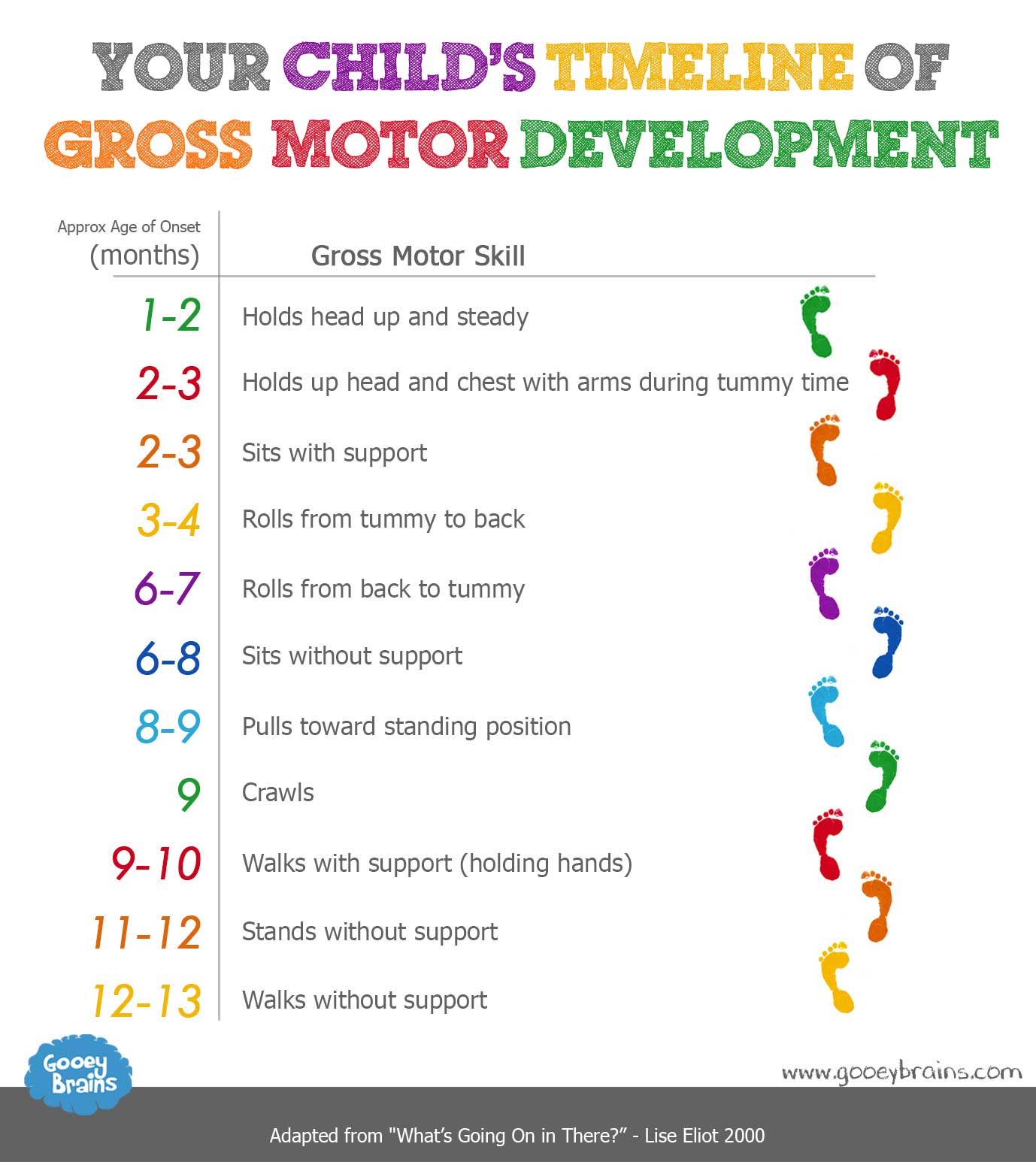
Motor Skill Development is not a race!
- Do they have a high or low energy level? Some babies are naturally very active and love using their developing muscles, whereas others prefer to lay back and relax.
- Are they highly sensitive to changes in their environment? Babies that are highly sensitive may not like to engage in vestibular (sensory) stimulation. This type of stimulation helps to build motor skill.
- In a new situation do they approach with confidence or withdraw with caution? Being open to new experiences encourages curiosity and exploration which helps to build motor skills.
- How persistent are they? Are they driven to repeat activities over and over again until they get them just right?
Motor development has two key factors:
- Firstly, the child must have the neural pathway in their brain. That is, their brain needs to be ready to learn the new skill.
- Secondly, the child must practice the skill to strengthen the brain connections and master the new skill.
How can I help my baby to develop their motor skills?
- Provide a good learning environment
Some babies actually do most of the hard work all on their own. This is due to their natural desire to practice new movements, explore their environment and repeat actions. So, as a parent you do not actually have to do anything specific to facilitate motor development. However, there are things that you can do help.
One great idea is to make sure that you give your baby the right environment to develop their motor skills. The environment should be:
- safe
- have the capacity for exploration
- interesting
It’s a good idea to baby-proof your home for safety, and then provide good supervision so that your baby can have some level of unrestricted movement on the floor. Avoid holding your baby in a restrictive environment for extended periods of time, such as a cot/bassinet/room/playpen/walker. Provide new interesting things and places for them to touch, play with, and explore to make learning new movements fun and rewarding.
- Provide sensory stimulation
Sensory stimulation can assist your baby with motor development. Vestibular stimulation is one thing that can help a baby to acquire motor skills. This is because a baby needs to use its senses to master motor movements, and it combines this sensory information with muscle movement and coordination to master new motor skills. Sensory activities can be fun play activities that encourage your baby to use their senses, such as:
- Sight
- Hearing
- Touch
- Smell
- Taste
Here are some great examples of fine motor activities you can make yourself.
- Breastfeed
Breastfeeding has also been linked with the earlier acquisition of fine and gross motor skills in infants. We encourage breastfeeding where possible, but understand that every mother’s journey is unique and that breastfeeding may not be your journey. ‘Fed is best’!
- Do Tummy Time each day
‘Tummy Time’ is very important for helping your baby gain motor skills. Some babies enjoy being placed on their tummies and others will protest. Nonetheless, the time spent on the tummy remains equally as important. On the tummy, your baby will learn the pushing up reflex to lift their head off the ground. This will strengthen both their hands and neck and prepare them for later motor tasks such as rolling over, crawling and even writing!
- Make Floor Time a priority
‘Floor Time’ begins when a baby is placed on the floor on their back, but later floor time can be a baby sitting, rolling around, crawling, cruising or toddling on the floor! In the early days, a baby develops their sense of orientation while lying on their back. A good sense of orientation helps the child later when they use it during gross motor activities such running or jumping. Floor time is considered extremely important to child development. In fact, if a baby has insufficient floor time they may skip the crawling phase altogether. While this is okay, crawling helps a baby develop eye tracking and neck strength which later helps them in school. Crawling also helps to integrate the left and right side of the brain, which helps the baby to later develop fine motor skills. Don’t worry if your baby has sufficient floor time, but still wants to skip crawling and get straight up and walk! You can use crawling games with your infant to help them to establish these developmental skills. Research has demonstrated that a period of three months of crawling time will help an infant to develop the strength and coordination needed for a lifetime of movement.
It is a good idea to place your baby on its back and tummy a few times each day for up to 10 minutes each time. If your baby protests, then start with a smaller duration and work your way up to 10 minutes. Try distracting the baby, integrating games and giving lots of positive attention throughout this time.
Does my baby need to be challenged?
Some babies will need some gentle encouragement. If your baby is less driven to be physically active, then helping them to do some physical exercise can be useful because it will improve their enjoyment of movement (through close positive attention from their caregiver), improve their movement quality, and improve their confidence in movement. It won’t necessarily help them to gain motor milestones any faster, but remember – speed is not important!
Should I use a baby seat or walker?
The short answer is, no. Propping your baby up in a baby seat will not help your baby to develop the motor milestone of sitting. and similarly, putting your baby in a walker will not help them to reach the milestone of walking. In fact, it may negatively impact your child’s motor development through placing their body into positions that it is not ready for. Baby seats are okay, but make sure that you only use them AFTER your baby is sitting independently. The same theory applies to baby walkers. Use these only after your baby is walking independently. Also remember that seats and walkers restrict an infant’s movement, and reduce their ability to explore on the floor. If you choose to use these products, do so only in short intervals of time. Your baby will learn all of their motor skills quite naturally if you allow them to move around their environment, so you do not need to purchase special products.

Reference:
Helms, Connie, M.Ed.
Elliot, Lise, Ph.D.
